This article delves into the science behind psychic reading, exploring how intuition, sensory perception, and subconscious processing may play a role. We examine research on heightened sensitivity and discuss whether belief in psychic abilities equates to superstition or black magic, revealing insights into the connection between science and the mystical.
Psychic readings have captivated human interest for centuries, offering insight into hidden truths, the future, and even the spiritual realm. Yet, as modern science advances, many wonder if psychic abilities can withstand scientific scrutiny. Is there an explanation behind the mysterious talents of psychics, mediums, and intuitives? Could psychic phenomena be more about heightened intuition, subconscious perceptions, or simply a more evolved sensitivity to environmental cues? In this exploration, we will delve into the science behind psychic reading, examine whether belief in it implies belief in black magic, and consider if it is, in fact, a form of superstition.
To delve deeper into the fascinating discussion on the science behind psychic reading, tune into our embedded podcast below, where we explore the intersection of intuition, perception, and the subconscious mind!
1. Understanding Psychic Reading
At its core, psychic reading is a practice in which individuals, often referred to as psychics or intuitives, claim to obtain information that is not readily available through traditional means of observation. Psychic abilities are said to encompass a range of practices, including clairvoyance (seeing beyond the ordinary), telepathy (mind reading), precognition (seeing into the future), and mediumship (connecting with spirits).
Psychic readings often tap into areas that conventional science might find difficult to quantify or measure. However, certain psychic skills, such as reading a person’s aura, interpreting emotions, or sensing energies, may align with principles of psychology and neuroscience.
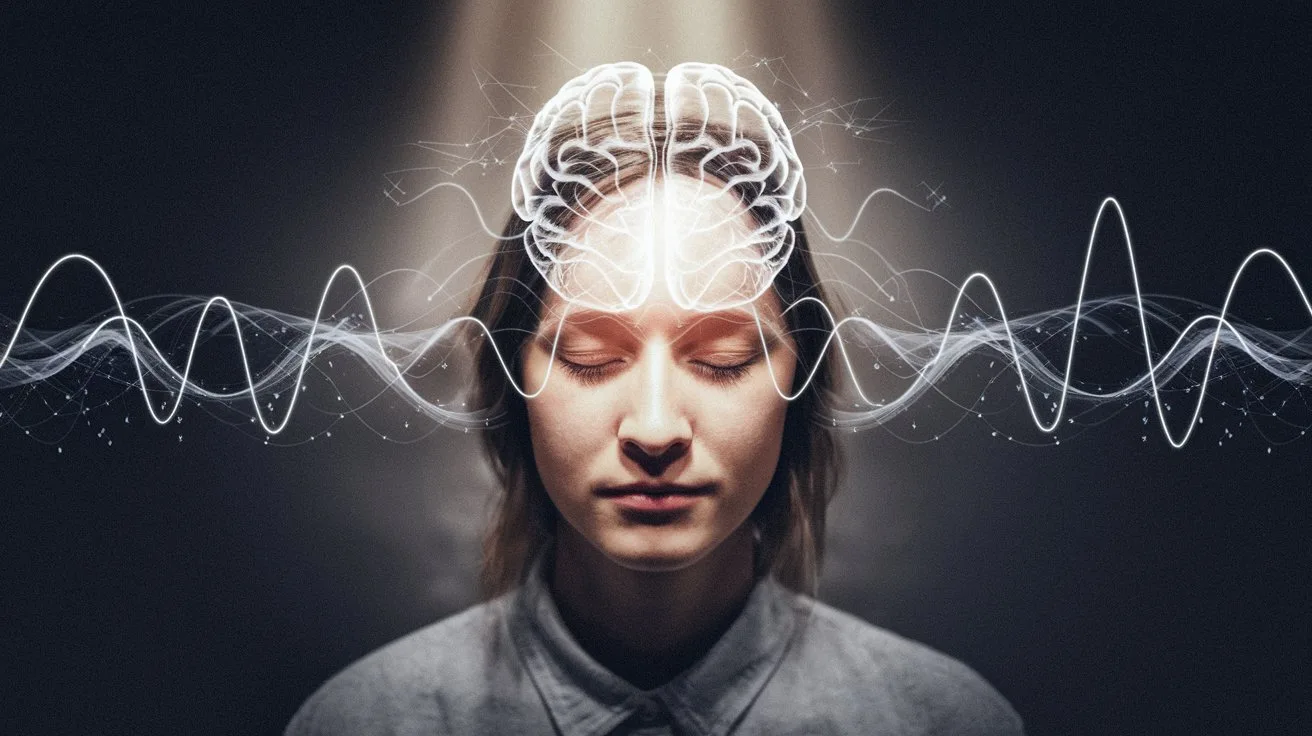
2. The Science of Intuition and the Subconscious
One key area of science that can shed light on psychic reading is intuition. Intuition refers to the brain’s ability to process information rapidly and below the conscious threshold, leading to insights or judgments without evident reasoning. Although intuition is typically faster than analytical thinking, it’s less concrete and can feel mystical.
Studies on Intuition
Several studies have examined how intuition works and its potential role in psychic abilities:
- The Wisconsin Card Sorting Test demonstrated how people can recognize patterns even before consciously identifying them. This suggests the brain’s ability to subconsciously interpret cues and data, supporting the notion that psychics may be highly attuned to environmental signals.
- Research on the Gut Feeling Phenomenon by Dr. Gerd Gigerenzer found that decisions made on “gut feelings” often match or surpass decisions made through conscious analysis. Psychics who rely on “gut feelings” may be tapping into a subconscious stream of knowledge.
- Subconscious Pattern Recognition has been documented in research at the University of South Wales, where participants successfully predicted upcoming events based on subtle cues they were not aware of consciously.
Psychics might therefore not be using supernatural power, but rather, could possess a heightened sensitivity to subconscious information, allowing them to “read” a person’s energy, body language, or tone with greater accuracy than most people.
3. Perception and Sensory Sensitivity
Beyond intuition, sensory sensitivity plays a significant role in psychic reading. Highly sensitive individuals are often more attuned to external stimuli, able to detect subtleties that others might miss. This aligns with the concept of extrasensory perception (ESP), which suggests an expanded range of human sensory perception.
Research on Sensory Sensitivity
- Sensory Processing Sensitivity (SPS) is a trait studied by Dr. Elaine Aron, where certain people show greater responsiveness to both physical and emotional stimuli. Individuals high in SPS often score well in intuitive tasks and may be more prone to noticing small changes in their environment, contributing to their ability to “read” people.
- Cross-Modal Perception studies suggest that some people can interpret information across sensory boundaries, such as “hearing” a color or “feeling” a sound. This might explain why some psychics report synesthetic-like experiences during readings, like sensing someone’s energy or emotions as colors or sounds.
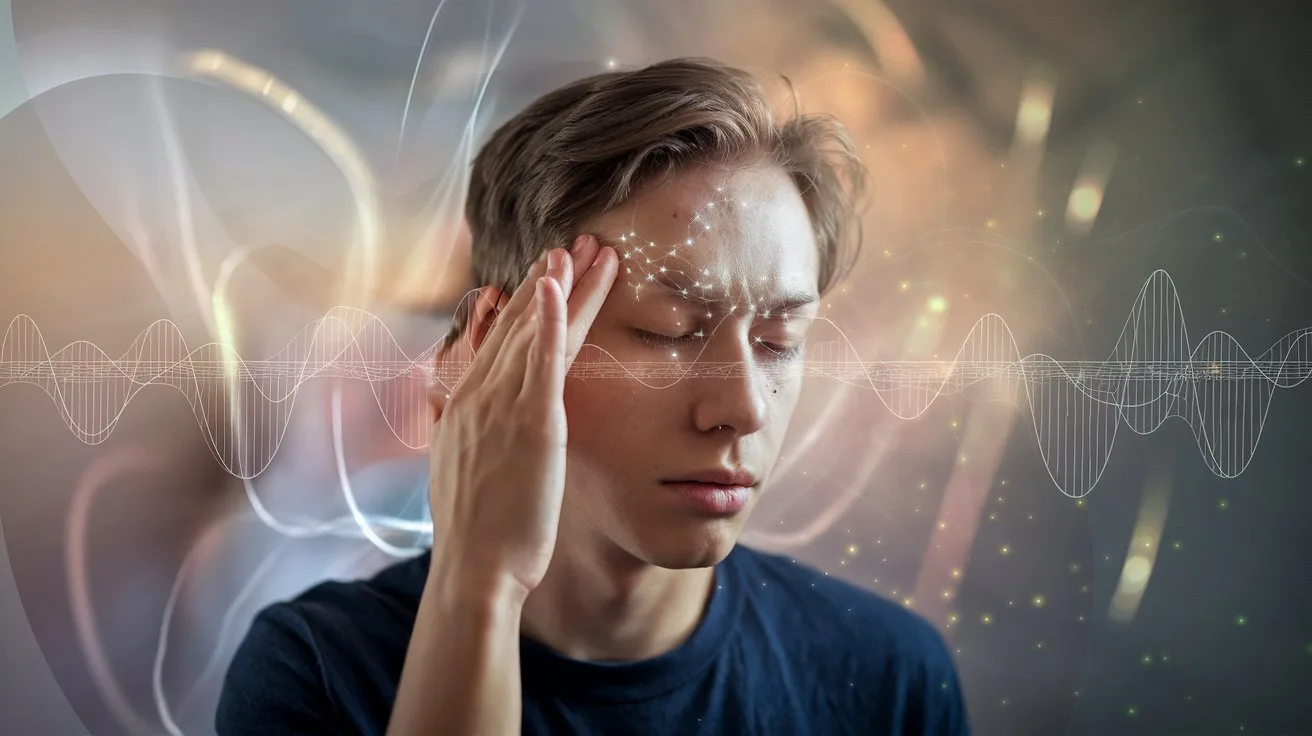
4. Is Psychic Reading Superstition or Science?
The word “superstition” typically describes beliefs or practices that lack a scientific basis and rely heavily on magical thinking. The belief in psychic readings can fall into this category, especially when it’s taken as a literal form of supernatural power.
However, not all psychic practices are void of scientific merit:
- Parapsychology is a legitimate field that studies phenomena like ESP, telepathy, and other psychic abilities. While many parapsychologists face skepticism, they employ scientific methods to explore if these experiences can be explained by known or as-yet-unknown mechanisms.
- Quantum Mechanics and Consciousness: Some scientists, like Dr. Roger Penrose, theorize that consciousness itself might interact with quantum mechanics in ways we don’t yet understand, allowing for “spooky” interactions over distances that could potentially explain certain psychic phenomena.
While mainstream science remains skeptical about many psychic claims, evidence from fields like psychology and neuroscience shows that heightened perception and intuition are not just superstition; they are well-documented human abilities.
5. Belief in Psychic Reading: Does it Mean Believing in Black Magic?
Psychic reading is often confused with practices like black magic, especially in cultures where both concepts are intertwined. However, psychic reading does not inherently involve black magic, which is generally associated with the use of supernatural forces to manipulate or harm.
Psychic Reading vs. Black Magic
- Intention and Practice: Psychic readings typically involve connecting with people, energies, or possible outcomes, often for self-insight or guidance. In contrast, black magic aims to control or influence others, often through rituals or charms. They are fundamentally different in intention and methodology.
- Perception and Belief: The association between psychic reading and black magic is largely cultural. For example, in some cultures, any form of psychic ability is viewed as supernatural or forbidden, while in others, psychic reading is seen as more akin to counseling or guidance.
While belief in psychic ability might signal openness to the mystical, it doesn’t automatically equate to a belief in harmful practices like black magic.

6. Neuroscience and the Role of the Brain
The brain plays a pivotal role in processing intuitive or “psychic” experiences. According to neuroscientist Dr. Dean Radin, our brains may have the capability to sense events or energies that conventional science can’t yet explain. His studies have found measurable changes in brain waves during tasks that involved “future events” or remote information.
The Role of the Amygdala and Limbic System
- Amygdala: This part of the brain is highly involved in emotional responses. It is often more active in people who are intuitively aware of others’ emotions or energies.
- Limbic System: This area regulates emotional behavior and has been linked to a person’s sensitivity to surroundings and social cues. Psychics may have a more finely tuned limbic system, helping them pick up on nonverbal cues more readily.
The heightened activity in these regions suggests that some individuals may simply have a brain that is wired for detecting nuances others cannot.
7. Case Studies and Documented Psychic Phenomena
While rigorous scientific proof is limited, there are several documented cases and anecdotal accounts of psychic experiences:
- The Ganzfeld Experiment: Conducted in the 1970s and 80s, these studies attempted to determine if individuals could telepathically send or receive images across a distance. The experiment results showed a statistically significant success rate, though findings remain controversial.
- Remote Viewing in the Military: The U.S. government conducted a program known as Project Stargate during the Cold War to investigate remote viewing, a psychic ability where individuals claim to “see” remote locations. While results were mixed, some individuals demonstrated a higher-than-average accuracy in identifying distant objects or locations.
8. Psychic Reading: A Potential Tool or a Pseudoscience?
While skepticism around psychic readings persists, their popularity indicates that they serve a purpose for many people. Whether it’s reassurance, self-exploration, or guidance, psychic readings often provide a sense of clarity and emotional support. Some psychological studies even suggest that people turn to psychic readings as a way of coping with uncertainty, stress, or personal dilemmas.
- Therapeutic Value: Many clients report feeling more emotionally balanced after psychic readings, similar to a counseling session.
- Placebo Effect: Even if the psychic reading isn’t “real,” the placebo effect may provide a sense of comfort and direction, much like conventional therapies.
9. Closing Thoughts: Can Science and Spirituality Coexist?
Ultimately, the relationship between science and psychic reading is a complex one. While science may not fully validate psychic abilities as “real” in the sense of measurable or repeatable phenomena, it recognizes the capacity for intuition, subconscious perception, and sensory sensitivity. These abilities, though not supernatural, offer insight into the potential mechanics behind psychic experiences.
Moreover, psychic reading doesn’t have to be seen as black magic or mere superstition; instead, it can be regarded as a tool for personal insight. Whether one views psychic readings as science, spirituality, or art, they offer a unique perspective on the human experience, capturing our fascination with the unknown and the potential for deeper understanding.
In the end, science and psychic reading might not fully align, but they share a common goal: to understand the mysteries of human perception and consciousness. Whether viewed through a scientific or spiritual lens, the exploration of psychic phenomena reminds us of the profound and largely uncharted capacities of the human mind.
Author
-

Seraph Alra is an accomplished editor and content writer and has worked for companies in the psychic and astrology industries before. She has combined her work with creativity for years creating more stories in the field of numerology, tarot cards, and astrology. Her helping them with their work might seem strange or unorthodox since she is not a psychic, but her research into the occult has managed to convince them of her reliability. The focus of her works is the synthesis of the questions posed and the answers given with the provision of reasonable recommendations and fascinating observations about the invisible forces that influence us. "I bridge the curious and the cosmos with my writing—when one seeks an answer, it is to be found there." — Seraph Alra
View all posts
One Reply to “Is There a Science Behind Psychic Reading?”
For Partnerships and other queries, please feel free to email us at admin [at] top10psychics.com
DISCLAIMER: This website is intended for users 18 years and older. It may contain affiliate links, which could generate commissions for the site. Psychic consultations provided by our partner websites are for entertainment purposes only and should not be considered as a professional advice.
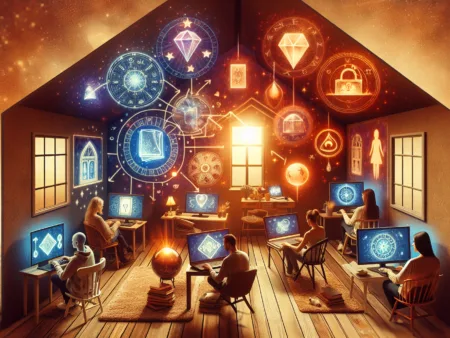




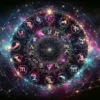


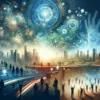
[…] intertwines with metaphysical principles and subtle energy dynamics, which some refer to as the science behind psychic readings. These readings rely on interpreting vibrations, auras, and intuitive insights—all of which are […]